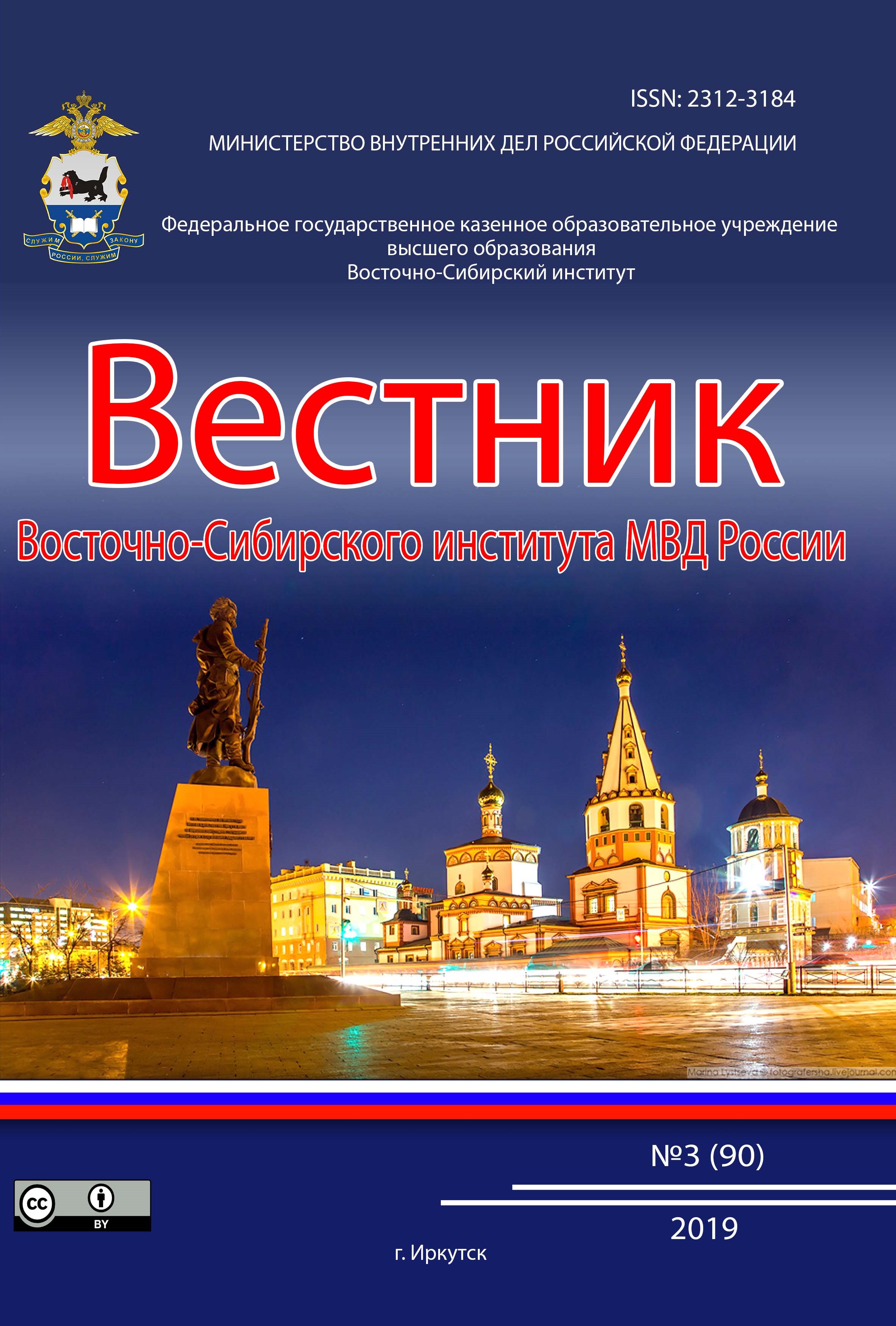V.Ya. Kikot Moscow University of the Ministry of Internal Affairs of Russia (Department of Forensic expertise of the educational and scientific complex of forensic examination, teacher)
Moscow, Russian Federation
Introduction. The article discusses the features of obtaining criminalistically significant information in the process of expert examination of human and animal tissues and secretions. Based on the analysis of the properties of the deoxyribonucleic acid molecule and its functional significance, the identification and diagnostic capabilities of the production of genetic expertise that contribute to solving the tasks of law enforcement agencies in the disclosure and investigation of serious and especially serious crimes are considered. Consideration of the methodological features of working with biological objects of research allowed us to come to a reasonable opinion that the general object of research of genetic expertise is "biological material as a potential carrier of DNA." The grounds for the termination of the production of genetic expertise based on the results of the analysis of the results of the initial stage of DNA isolation in the presented research objects are structured. Materials and methods. The study is based on an analysis of the goals and objectives of the genetic expertise reflected in the conclusions of experts on the study of human and animal tissues and secretions (DNA research). The work uses general and specific methods of scientific cognition, as well as molecular biological methods of DNA research, which are the basis of genome research. The results of the study made it possible, based on the analysis of the stages of genetic examination and the methodological features of its production, to propose the use of a refined concept of a common object of genetic examination, to determine its goals and highlight the range of tasks to be solved. The necessity of organizing effective interaction between the initiators of DNA research with the staff of the forensic unit on the provision of objects of genetic examination and the formulation of competent and informative questions, the resolution of which will allow to obtain criminally significant and evidentiary information, is noted.
traces of biological origin, molecular genetic examination, DNA analysis, object, goals and objectives of genetic examination.
1. Afonina S.N., Pavlova M.M., Lebedeva E.N., Raimova E.K., Kanunikova E.A., Nefedova E.M., Solovykh G.N. Molecular bases of heredity (Textbook) // International Journal of Experimental Education. - 2015. – No. 8-2. – pp. 206-207.
2. Afonina S.N., Pavlova M.M., Lebedeva E.N., Raimova E.K., Kanunikova E.A., Nefedova E.M. Biosynthesis of nucleic acids and proteins. A short guide for students and doctors on modern issues of biochemistry and biology. The processes of anabolism of nucleic acids and proteins in a functioning cell. Textbook // Orenburg State Medical Academy. - 2008. –102 p.
3. Belkin, R. S. Course of criminology. In 3 volumes 1: General theory of criminalistics / R.S. Belkin. M., 1999. - 592 p.
4. Burvikov N.V. On the issue of classification of tasks of forensic examination // Izvestiya TulSU. Economic and legal sciences. 2013. No. 4-2. pp. 151-157.
5. Vinogradov A.B., Afonina T.D. Molecular foundations of heredity (Methodological guide) // Perm. gos. med. the academy. Perm. - 2009. 51 p
6. Moiseeva T.F. Modern methods of diagnosing human properties and conditions based on his biological traces // Bulletin of Economic Security. 2019. No. 2. pp. 210-213.
7. Moiseeva T.F. New methods and tools in the formation of new types of forensic research // Bulletin of the O. E. Kutafin University. 2014. No.3. pp. 69-75.
8. Fundamentals of forensic examination: a course in general theory. Textbook. M.: RFTSSE, 1997. Part 1. - 164 p.
9. Frolova E. Yu. Tasks and objects of forensic examination research // North Caucasian Legal Bulletin. 2018. No.3. From 141-147.
10. Frolova E. Y. Expansion of private principles in forensic expertise // Space of economics. 2013. №3-3. From 176-179.











